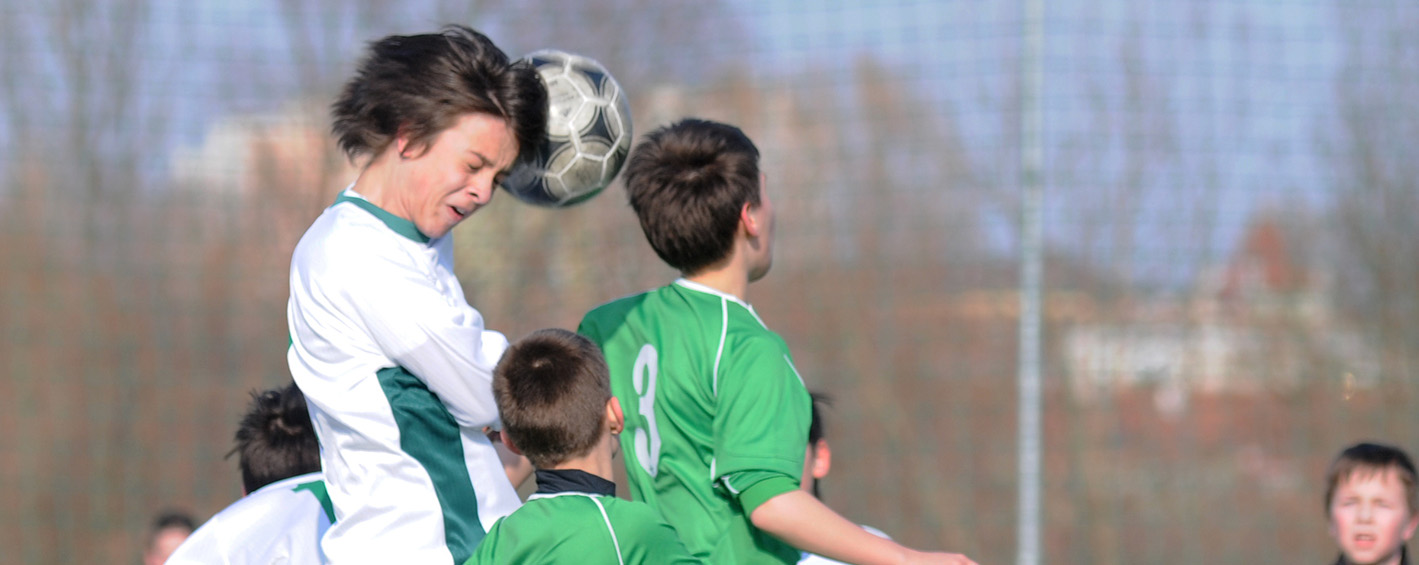Share it
A new trial involving football players using a mouth guard is under way as the fight against dementia continues. Former England Striker Chris Sutton is calling for the trial to be rolled out.
A breakthrough has been made in the battle to tackle dementia in football. A 2019 study found ex-professional footballers are more likely to die of dementia than the general population.
Last year August, new research showed defenders are more likely to have dementia in later life compared with other playing positions in football. Earlier this year, a dedicated care department for former players living with neurodegenerative disease (NDD) was set up by the Professional Footballers' Association and now the union launched a new consultation asking ex-players concerned about NDDs to come forward.
SWA, a Swansea-based start-up has developed a mouth guard to change the way sport deals with brain injury. A microchip inside the gum shield measures the force and impact of every head trauma suffered by an athlete. That information is instantly relayed to a pitch side computer, providing medical teams with live data about the damage their players may have suffered. That way doctors know when someone needs to be examined, replaced or protected.
This gives us far more reliable and scientific data than what the football protocols provide, where a doctor talks to a player to determine their wellbeing from the lucidity of their answers.

Ex-Norwich and England Striker Chris Sutton, in an interview with the Daily Mail, has called for trails to start immediately.
“As a youth at Norwich, we might practise heading on a Tuesday, Wednesday and Thursday afternoon. Come match-day, you might head the ball three, maybe four, times. So it’s in training where the real damage can be done.
“If I was playing now, I’d like to know what was happening to my head, the impact all of this was having on me. This mouth guard does that.
“Because your upper jaw is fixed to your skull, we’re told it is able to accurately measure the trauma. Via live data, it can alert coaches when you enter the ‘red zone’ — a point at which you are vulnerable and when to continue heading the ball could be dangerous.
“It can tell clubs when a player should not take part in a certain drill because his head is not in a good place. I don’t pretend to understand the science of it, but I do know this could be a preventive tool in our fight against dementia in football.
“What’s the downside? This is common sense, surely. Rugby uses it — to great effect, I’m told — and I’d encourage football to follow its sporting counterpart’s lead. Let’s get a trial of this in motion. Even if it is with just one club.”
Since going to market in January, SWA have become established in top-level rugby, with Leicester, Quins, Gloucester and Ospreys all using their technology. They are also being used in boxing and MMA.
Football is sure to be the next frontier. As the campaign to tackle football’s dementia crisis continues, the hope is that this technology will detail exactly what damage players suffer in training, as well as in matches.